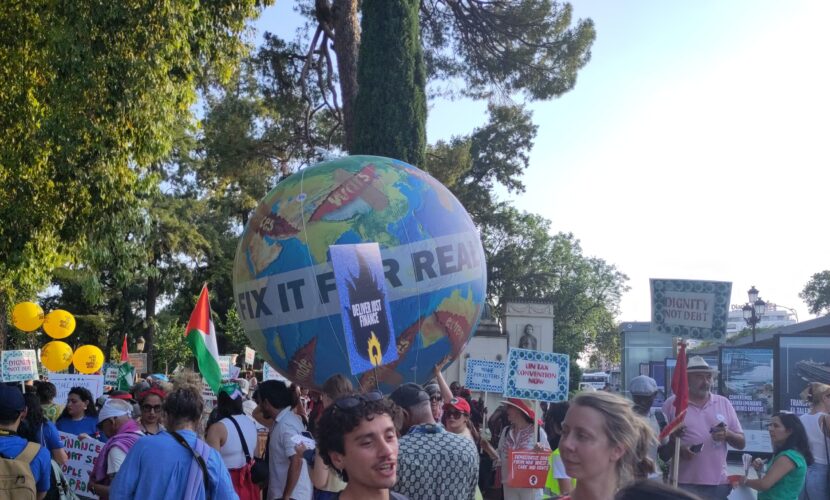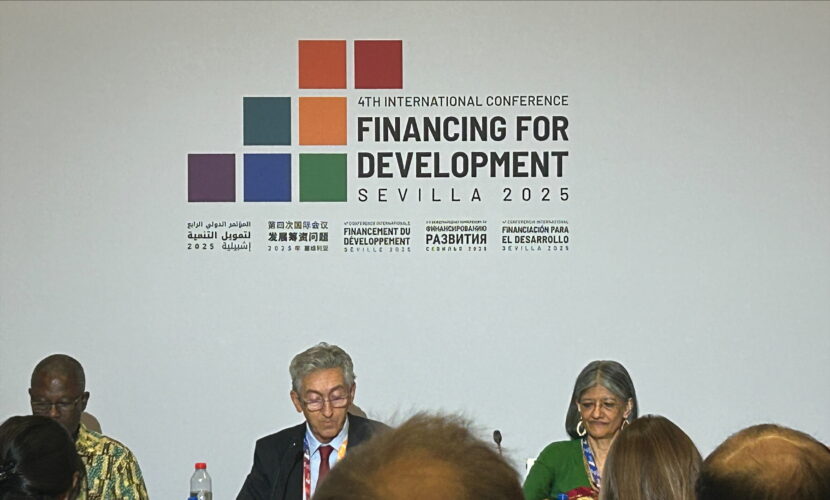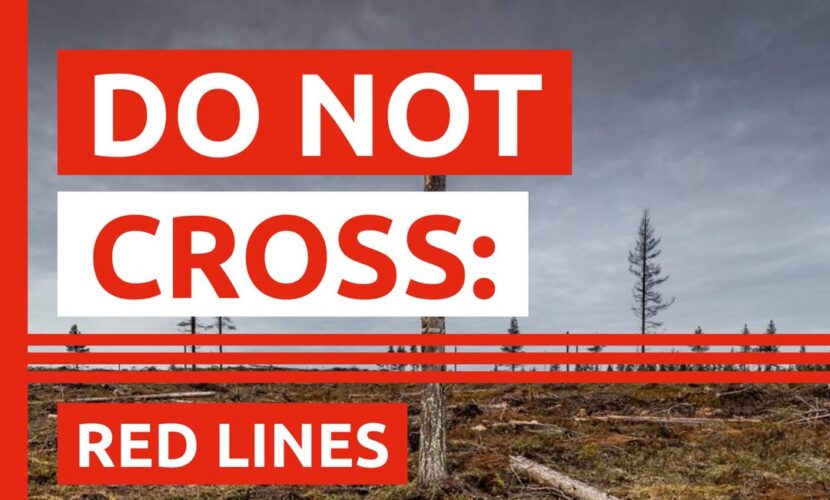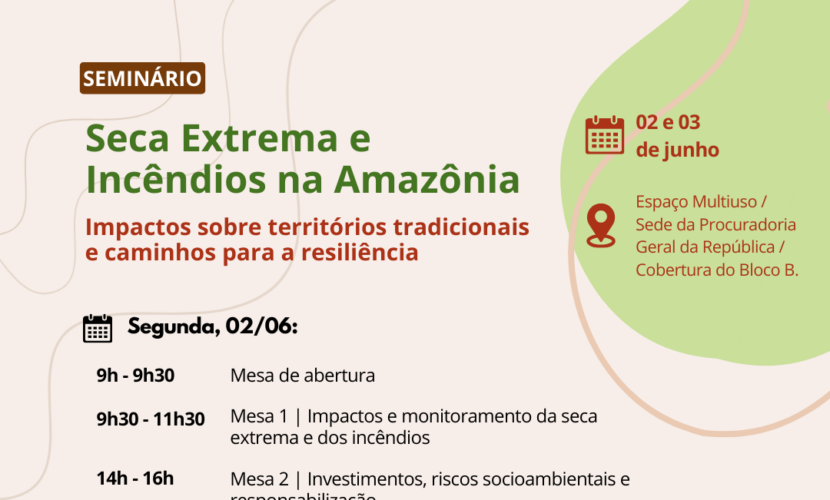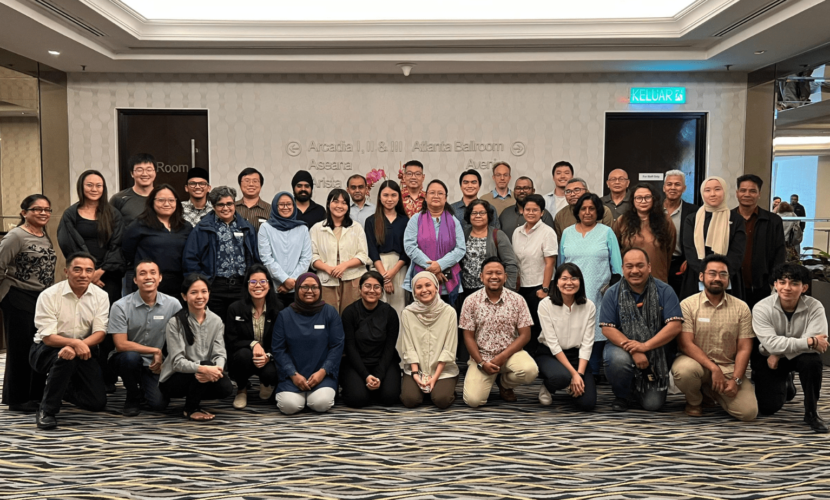Berita
Companies call for end to prior consultation with indigenous peoples; society pushes back, and mining companies retreat
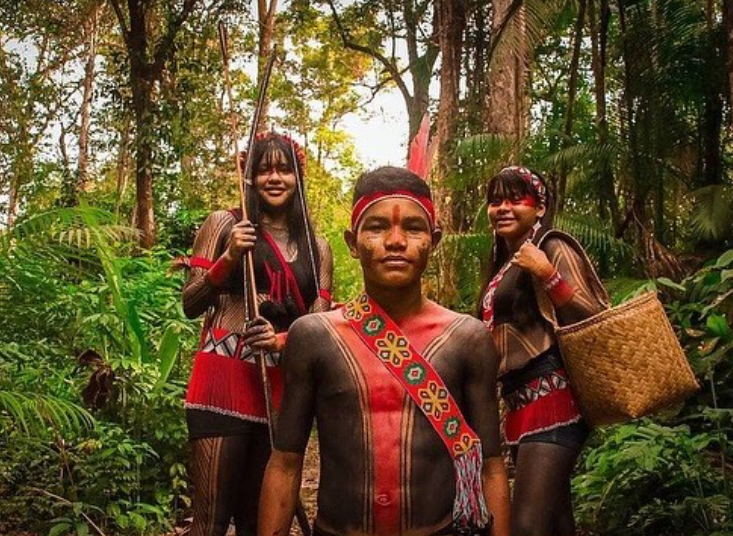
Originally published on: https://observatoriodamineracao.com.br/empresarios-pedem-fim-de-consulta-previa-a-indigenas-sociedade-pressiona-e-mineradoras-recuam/
Led by the Federation of Industries of the State of Pará (FIEPA), unions sent a letter to President Jair Bolsonaro in early July asking Brazil to withdraw from the 1989 Indigenous and Tribal Peoples Convention – Convention 169 – of the International Labor Organization (ILO).
The convention, which Brazil ratified by law in 2002 and 2004, guarantees indigenous peoples and traditional communities the right to prior, free and informed consultation. It is one of the most important international mechanisms about a right that is essential to the very life of these communities.
Despite being widely ignored in Brazil, as several articles of this Mining Observatory have already demonstrated, the right of prior consultation is what guarantees the possibility of an indigenous people denying the installation of projects that negatively affect their existence.
Without it, miners, steelmakers, and industries, in general, can bulldoze socio-environmental rights, relying on the strength of lobbying, economic power, and corruption of politicians at various levels.
The letter sent to Jair Bolsonaro claims that the international treaty is the “cause of numerous conflicts, constant doubts, and legal uncertainty.”
“It is clear that we need to withdraw from ILO-C169 because it is harmful, inhibits national development, and perpetuates the poverty and constant confrontations of our indigenous peoples,” the letter said.
Among the organizations affiliated with FIEPA is SIMINERAL, an association of mining companies operating in Pará.
Vale, MRN Mineração (majority controlled by Vale), French company Imerys, and Alcoa are founding members of SIMINERAL. The associate members include Norwegian Hydro and aluminum company CBA. Giant mining companies with vast socio-environmental impact in Pará.
I contacted the companies to ask whether they agreed with FIEPA’s position, defended that Brazil withdraws from Convention 169, and respect indigenous rights in their operating areas.
All of them retreated from the position expressed by the unions led by FIEPA.
In a statement, SIMINERAL said that “the letter does not reflect the position of the mining sector, which is committed to promoting sustainable and socially fair mining. The Union also reinforces that the activities carried out by companies associated with SIMINERAL are based on the principles of the United Nations Declaration on the Rights of Indigenous Peoples (UNDRIP) and Convention 169 of the International Labor Organization (ILO).”
Through their press offices, the mining companies endorsed the Union’s position, stating that they are against FIEPA’s letter and that they respect Convention 169 and the United Nations Declaration on the Rights of Indigenous Peoples. The French company Imerys, however, was the only one not to respond.
Asked whether or not it participated in the writing of the letter and if it was previously consulted by FIEPA, SIMINERAL’s press office preferred to remain silent after submitting its first statement.
FIEPA also chose to remain silent on the matter.
I also contacted the Brazilian Mining Institute (IBRAM), which represents more than 80% of the revenue of the mining sector in the country and has a considerable part of the mining companies that comprise SIMINERAL and operate in Pará among its members. IBRAM had no comments.
Far from representing mere divergence or “communication failure” among the business sector, the letter sent to Jair Bolsonaro reveals, in fact, the coordination between industrialists, ruralists, and politicians to try to take advantage of a “window of opportunity” to force Brazil to withdraw from Convention 169.
This “window of opportunity” concerns the possibility of ceasing to be a signatory to the convention and comes about every ten years—the next being in September.

Indigenous people of Pará react, and civil society publishes letter defending rights
The letter stirred reactions.
In a statement, the Federation of Indigenous Peoples of Pará (FEPIPA) expressed its “repudiation, discontent, and indignation” at the request of Pará’s industrialists.
“It is fair to say that Convention 169 protects our lives and territories against the greed of companies and their representatives – both of whom fill their pockets while destroying the state of Pará and its natural resources,” said the FEPIPA statement.
For the indigenous people of Pará, “harmful and unethical are the immense unproductive rural properties and the corporations that pollute the rivers and destroy the forests, and consequently the lives of this planet, leaving very little to nothing for the local communities—who are the true protectors of nature.”
FEPIPA recalled that the representatives of the companies that signed FIEPA’s letter “have dozens of illegal mining requests in indigenous territories in Pará, or accumulate reports of land invasions and environmental destruction linked to agribusiness.”
Many of those violations happen precisely because of a lack of prior consultation.
In support of indigenous people, 255 Brazilian and international civil society organizations published an open letter to demand responsibility from companies and prevent Brazil from withdrawing from ILO’s Convention 169.
“It is impossible to have social and environmental responsibility and respect human rights and be against the self-determination of indigenous peoples,” the open letter said.
Supported by several serious scientific studies published in recent years, the open letter’s signatories stated that indigenous lands are “shields against deforestation and play a vital role against climate change and, consequently, in the fight against poverty and hunger.”
Even from a financial point of view, they warned that requests like FIEPA’s letter are bad for companies. “The international investor market will see the lack of public commitment and alignment with international principles and standards that guarantee respect for human rights and environmental protection, which advances monitoring and due diligence policies, as a risk factor for investments,” they explained in the open letter.
The campaign to publish the open letter was coordinated by Amazon Watch in collaboration with the Forest & Finance Coalition. Read the letter and see the list of all signatory institutions.
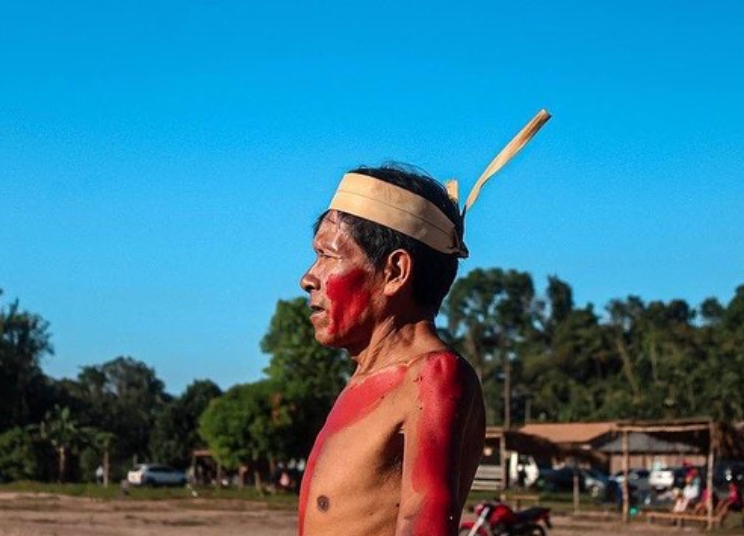
Withdrawing from Convention 169 would be disastrous. Financial reasons explain the division among companies.
In the opinion of Márcio Santilli, founding partner of the Socio-environmental Institute (ISA) and former president of the National Indian Foundation (FUNAI), withdrawing from Convention 169 has no consensus even among the representatives of the ruralist caucus and the Amazon caucus.
FIEPA’s letter would be relatively isolated in conjunction with Rep. Alceu Moreira (MDB-RS), and the chances of approval are minimal. “There is no more time to be able to put that to a vote; therefore, that window will close soon without moving forward,” explained Santilli.
The explanation for the difference between where SIMINERAL stands and where the mining companies consulted by us stand is quite simple: money.
For Santilli, a possible withdrawal of Brazil from Convention 169 would be “a diplomatic disaster in several ways.”
The reason is that this is the main parameter of international law that has been adopted even by financing funds that require a minimum of formal respect for these rights to finance any large project today.
Furthermore, it would be an additional obstacle to Brazil’s accession to the OECD and Mercosur’s trade agreement with the European Union.
“We’d be cutting our own throat, from a diplomatic point of view, and would only aggravate the situation of isolation in which the Bolsonaro administration has put the country in recent years. So it doesn’t even have very solid support within the business class,” explained Santilli.
Ruralist bill is behind the letter
In 2019, the Bolsonaro administration created a “Working Group” to come up with a way for Brazil to withdraw from Convention 169.
According to the radical ultra-liberal rhetoric of the current administration, respecting human and indigenous rights means “preventing” the execution of infrastructure projects.
In 2021, Rep. Alceu Moreira, former president of the ruralist caucus, presented the Draft Legislative Decree (PDL) 177/2021 to the floor, which is being processed in the Lower House and would authorize the President to denounce Convention 169.
The reaction was strong. In a letter, the UN stated that this would generate an “irrecoverable” loss and “a great setback” for Brazil.
The Brazilian Association of Anthropology (ABA) considered the bill and the intent of the Bolsonaro administration “unacceptable.”
“This is what the initiatives are trying to achieve: to foreign, privatize, and violate the social function of the land, Article 12 of the Federal Constitution, delivering indigenous lands to multinational and foreign companies, privatizing the lands,” said the ABA letter.
A report by De Olho nos Ruralistas states that the letter sent to Bolsonaro in early July was headed mainly by landowner José Maria da Costa Mendonça, from the Center of Industries of Pará (CIP).
Pará Bar Association (OAB) condemns the companies’ request
I contacted the Pará Bar Association to find out the institution’s position on this request from companies operating in the state.
Rubens Motta de Azevedo Moraes Júnior, a member of OAB Pará, recalled that the Federal Appeals Court of the 1st Circuit (TRF1) has already established an understanding of the indispensability of prior consultation in a procedure separate from environmental licensing, given its importance and essentiality.
“Prior consultation is an essential phase of any project that may impact indigenous communities, being the sole instrument capable of guaranteeing the dialogue and participation of indigenous peoples, and must take place in the early stages of planning. A setback on this matter is a setback for the entire Brazilian society,” said Rubens Moraes.
IBRAM states “undisputed support” for Convention 169
Update at 3 pm: after this report was published, IBRAM contacted the Mining Observatory, stating that the team did not see the email and therefore did not respond in time. IBRAM’s directors were dealing with the issue of Convention 169, and the institute published a statement today, which is available below.
The Brazilian Mining Institute (IBRAM) comes forward to reaffirm its unanimous support, shared by its members, the mining companies, to maintain complete compliance with Convention 169 of the International Labor Organization (ILO).
IBRAM’s purpose, which is to work in defense of sustainable, safe, and based on internationally recognized good practices, is the main justification for its unrestricted support for Convention 169, whose adhesion of Brazil was confirmed by law.
This ILO Convention establishes the principle of Free, Prior and Informed Consent (FPIC) of indigenous peoples. For example, this principle must be respected when discussing the development of economic activities on indigenous lands.
In fact, IBRAM issued an institutional position on March 15, 2022, and keeps it highlighted on its website, in which it is essential to base debates on mining regulation in these locations on Free, Prior and Informed Consent.
Free, Prior and Informed Consent defines that each indigenous people, considering their autonomy and self-determination, can establish their own consultation protocol to authorize activities affecting their lands and ways of life.
